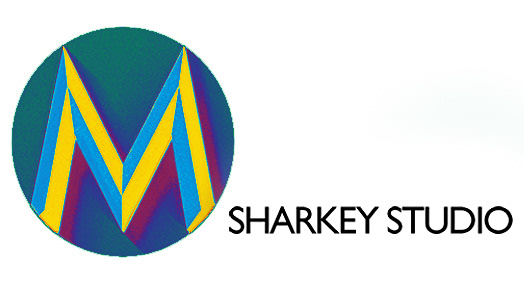/KWIR/
As a gay man who came of age during the late 80s and early 90s, it’s been very interesting to follow closely the evolution of the word “queer”. I know the expression is older than I am but I like to think of “queer” and I not just as contemporaries but compatriots as well; we sort of grew-up together and “queer” from 40 years ago resembles itself probably as much as I resemble my own childhood self.
I remember being in elementary school in rural Colorado and living in mortal fear of being called queer. Like “faggot” it was delivered venomously and meant only to humiliate and provoke, as in you fucking queer! These types of assaults were almost never private but hurled within earshot of as many peers AND adults as possible. Like chum to a swarm of sharks, the aim was to gather aggressors. If, god forbid, the word stuck, you might be looking forward to a nightmare of years of soul-crushing humiliation. Thankfully, this did not happen to me, but I do wonder now how much of my personality is in direct response to actively avoiding such a fate. Words do have power.
By the time I was finishing high school, with AIDS in full swing, the activist group Queer Nation formed in response to LGBT(Q) violence and queer was reclaimed, as so many pejoratives are. My years at college coincided exactly with the word entering the lexicon of higher-education and academic theory, presumably because of its power to still be offensively shocking. Academic discourse is by design exclusionary so if you were “in-the-know” only then would you understand queer's subversive potential (otherwise, you might still find yourself on the receiving end of a very hurtful slur).
Indeed, when I began my Queer Kids project in the spring of 2006 most (queer) people understood the term to be both subversive as well as affectionate, though not everyone. I remember receiving heated comments criticizing my use of the word. How could I be so cruel? they asked. Of course, I was pleased to learn that the term still had some punch since by this point it had been in wide use for many years. Then, within the last decade or so, and rather magically, queer began to occupy a singular place in the language. Identity politics—and the culture at large—seem burdened by a multiplicity of labels, ad nauseam, but queer somehow manages to encompass a great many, more precise proclamations. I love it for its efficiency but also because you still can’t quite pin it down. Is this queer? Is that? It defies a concrete definition and yet almost anyone would be well within their rights to state, “I am queer”. You might wonder, as I do, how long can this last? The answer is not forever. I’ve attended more than one panel discussion whose sole purpose was to imagine what a post “queer” world might look like and once within, what the language might sound like.
Now, in 2021, after several years of intense political rancor here in the US and a reckoning with our racist past/present of a magnitude I have not experienced in my lifetime, the upheaval of “normal” life due to a global pandemic and finally finding ourselves at the crossroads of a potentially catastrophic climate crisis, I like to envision a queer world where everything you previously understood to be true or right is reexamined, reimagined and rebuilt. Queer people have learned a great deal over the past half-century about how to dismantle systems of oppression in order to become more fully our true selves. My hope is that this hard-fought for experience and wisdom gives us the ability to overcome all of these obstacles and see more clearly the great potential of humanity to come together and care for each other.
M. Sharkey
January 2021
January 2021

